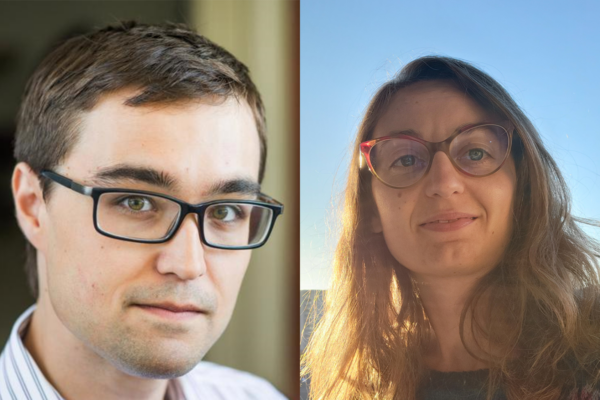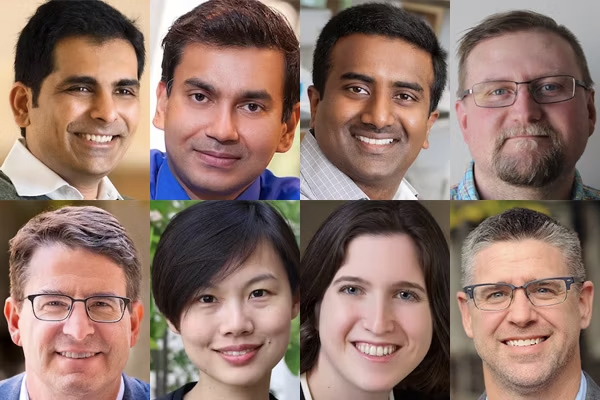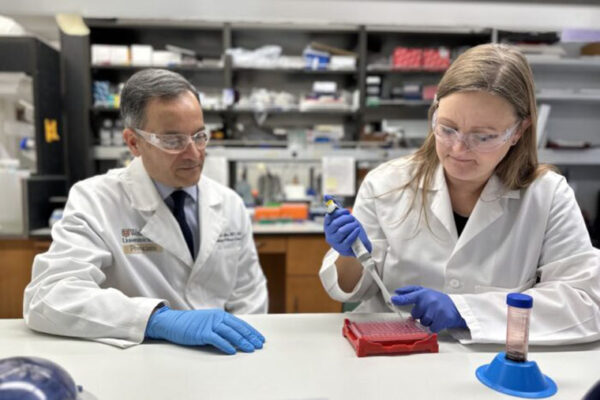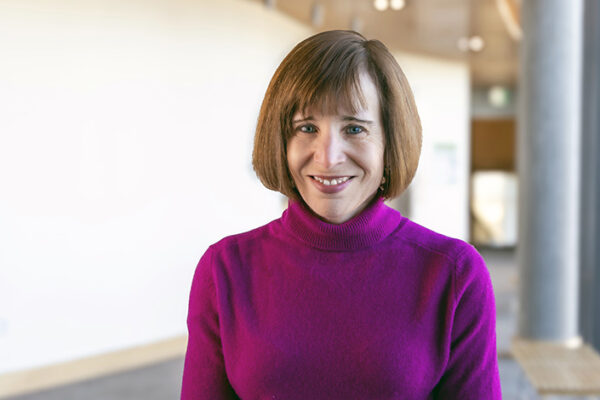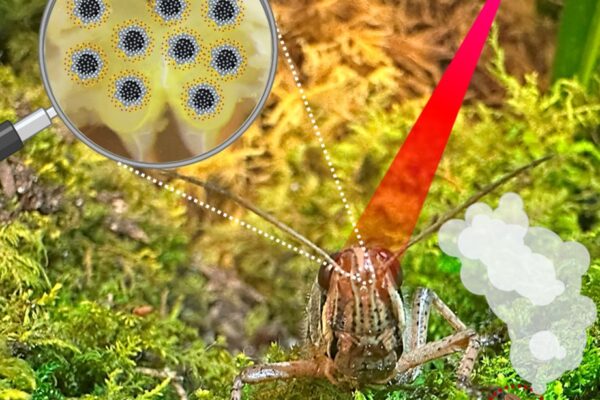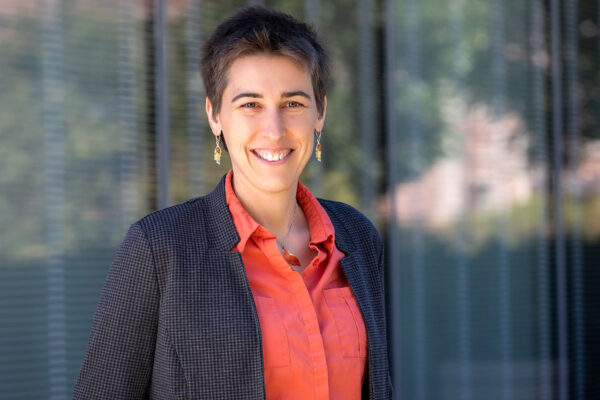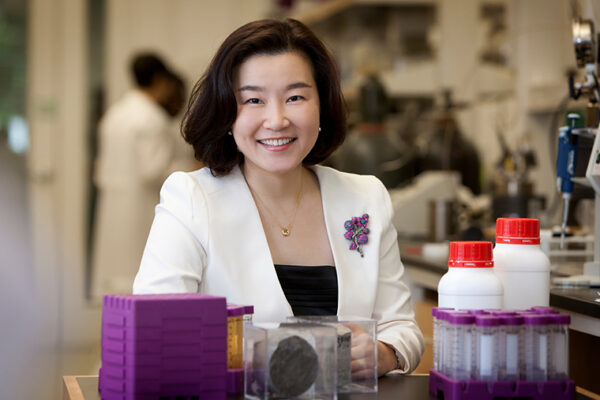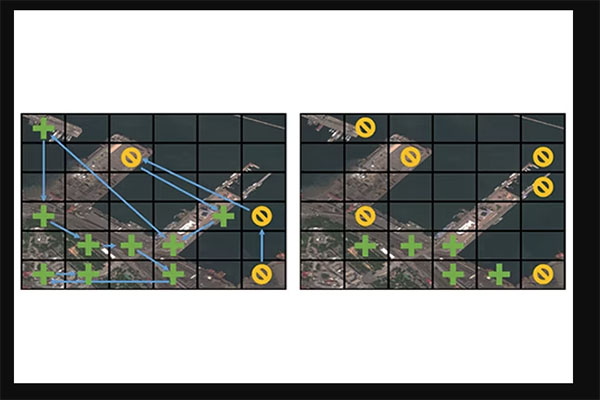New insight into orchid origins
Research from Washington University in St. Louis shows that orchids probably originated in Eurasia. Biologist Susanne Renner in Arts & Sciences is a senior author of the study in New Phytologist.
Two WashU faculty awarded Sloan Research Fellowships
Two early-career Washington University faculty members have been awarded a prestigious Sloan Research Fellowship: psychologist Zachariah Reagh, in Arts & Sciences, and neuroscientist Gaia Tavoni, at the School of Medicine.
Water quality monitor, locust-inspired electronic nose under development
Two teams of engineers led by faculty in the McKelvey School of Engineering at Washington University will work toward developing products to monitor drinking water quality and to detect explosives with an electronic nose with one-year $650,000 Convergence Accelerator Phase 1 grants from the National Science Foundation.
Apte receives Catalyst Award for innovative approaches to research
Rajendra Apte, MD, PhD, the Paul A. Cibis Distinguished Professor in the John F. Hardesty, MD, Department of Ophthalmology & Visual Sciences at the School of Medicine, has received a $300,000 Research to Prevent Blindness/American Macular Degeneration Foundation Catalyst Award.
Consistent health insurance is critical, finds new study
Inconsistent Medicaid enrollment was found to be associated with higher risk of death in pediatric cancer patients, according to a new study from the Brown School.
Locusts’ sense of smell boosted with custom-made nanoparticles
Srikanth Singamaneni and Barani Raman, both professors at the McKelvey School of Engineering, led a team that harnessed the power of specially made nanostructures to enhance the neural response in a locust’s brain to specific odors and to improve their identification of those odors.
Weisensee wins Young Investigator Program grant
Patricia Weisensee, an assistant professor of mechanical engineering and materials science at the McKelvey School of Engineering, has received a Young Investigator Program award from the Air Force Office of Scientific Research.
Jun receives $1.4 million grant to develop new uses for wastewater
Young-Shin Jun, a professor of energy, environmental and chemical engineering at the McKelvey School of Engineering, has been awarded a $1.4 million
U.S. Department of Energy grant to turn concentrated waste from water purification systems into valuable products for industrial use.
Guérin wins grant to enhance atmospheric simulation speed
Roch Guérin, chair of computer science and engineering at the McKelvey School of Engineering, has received a two-year $207,394 grant from the National Science Foundation to improve speed of GEOS-Chem 3D atmospheric simulation software.
New research creates framework for large-scale geospatial exploration
Computer scientists at the McKelvey School of Engineering have developed a framework for large-scale geospatial exploration using a novel visual reasoning model.
View More Stories

